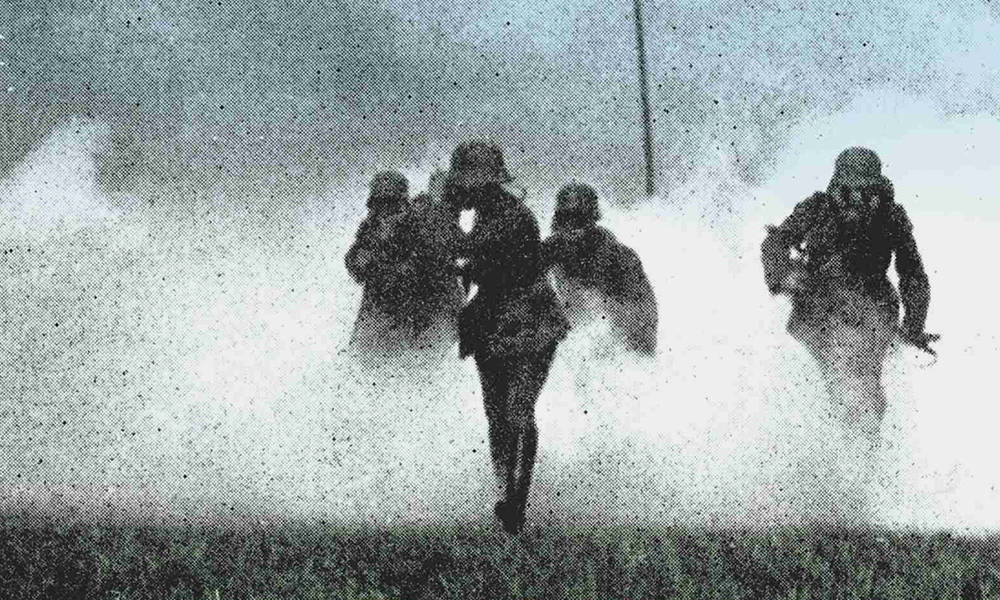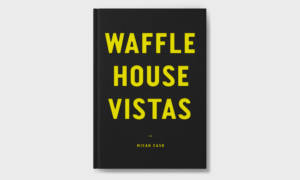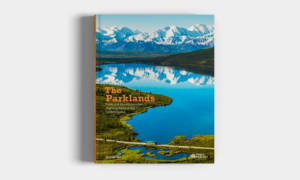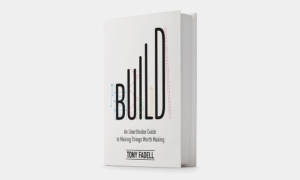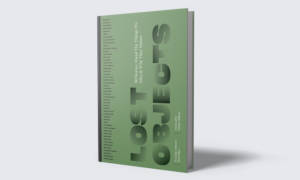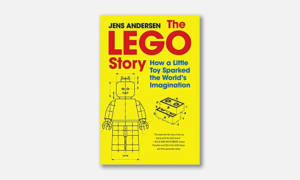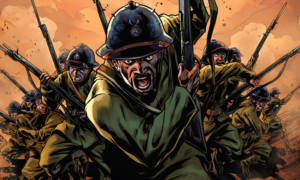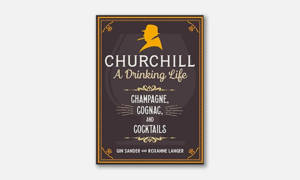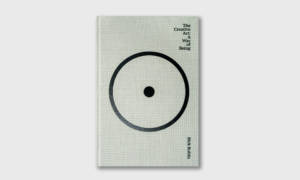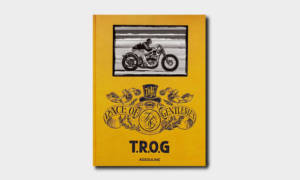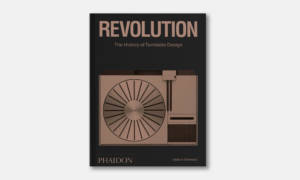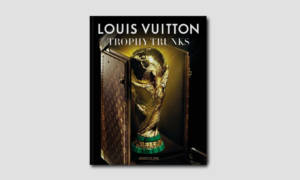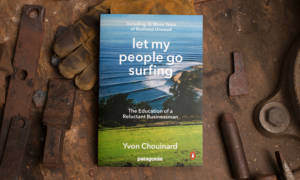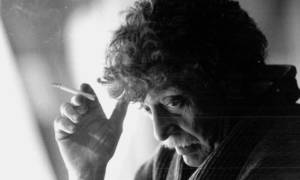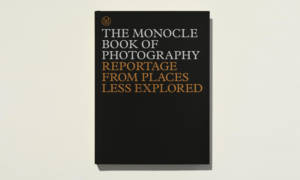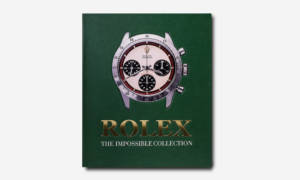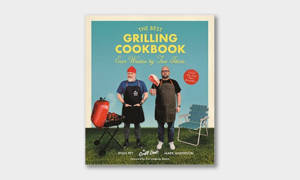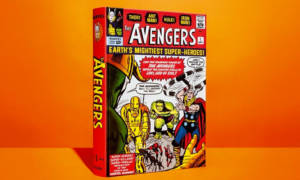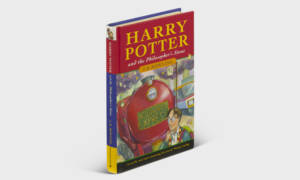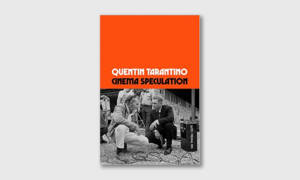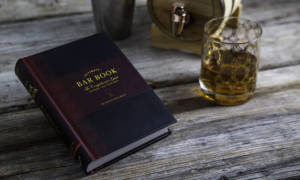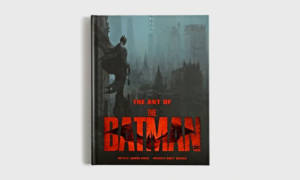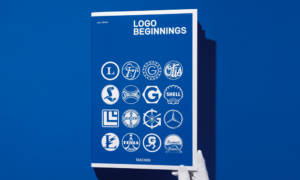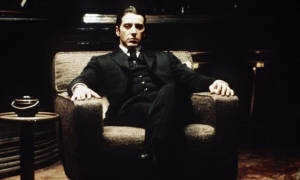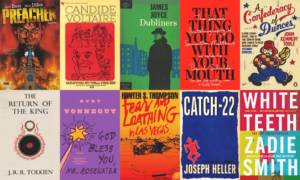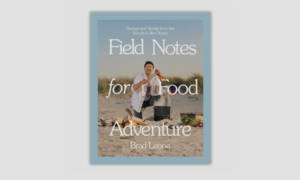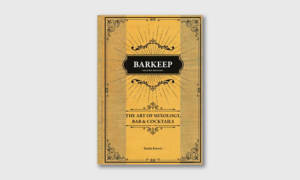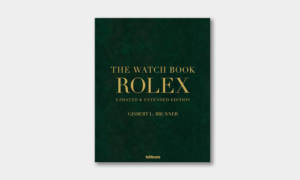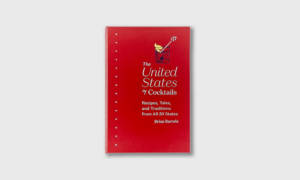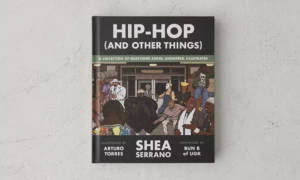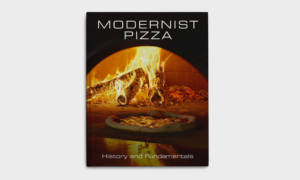There are books that every man should read at least once in his life. After all, books can provide many lessons on how to be a better man. You can learn a lot of life lessons from autobiographies in particular. The autobiography format presents an opportunity to learn from someone else’s mistakes, accomplishments, pet peeves, profound philosophies, and mundane observations that they learned after being put in situations that you likely will never encounter yourself. The men on this list have all lived incredible lives and every man can learn something by reading about how they saw and experienced the world.
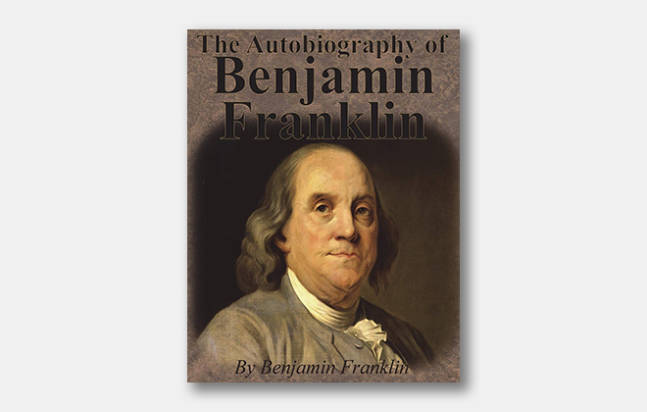
The Autobiography of Benjamin Franklin
By Benjamin Franklin
There’s a lot of good to take from Ben Franklin’s writing. His autobiography includes great insights into the Revolution, life in the late 18th century, and a dozen other topics. The pages here are also packed with aphorisms – “There will be sleeping enough in the Grave” – which do well to succinctly describe much more complex philosophies, like how important it is to stay on the beneficial side of personal inertia. Franklin intended the autobiography, at least in part, to be a guide for his son. An unpatronizing paternalistic feeling permeates the book and means that, long after the lives of Franklin’s kids, people can still benefit from some of that fatherly advice.
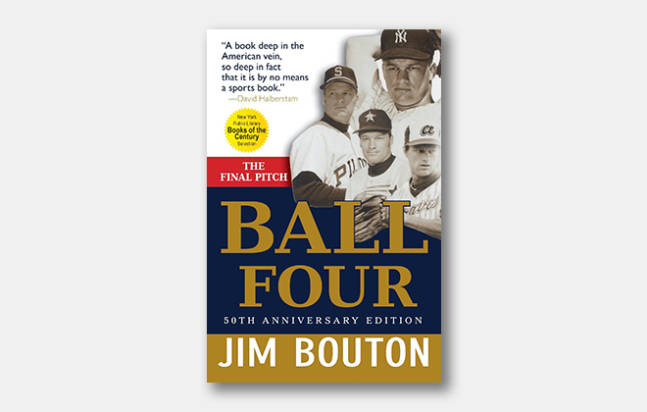
Ball Four: The Final Pitch
By Jim Bouton
Some of the most influential books are the ones that strip the romance away from the most revered institutions. In Ball Four’s case, that institution is baseball. While the book is ostensibly about a minor league baseball player’s single season with the Seattle Pilots, a team that only existed during the 1969 season, it actually deals with some of the most deeply corrupted parts of our society. Bouton writes at length about the financial corruption of the MLB, the horrifying locker room talk in baseball clubhouses, the misogyny of himself and his teammates, and the rampant drug use by influential people of the time. Bouton also takes a personal angle, talking about his own alienation in professional and personal relationships, which can always be mined for some common ground. Really, it’s a book that more shows you more of how not to act than provides role models.
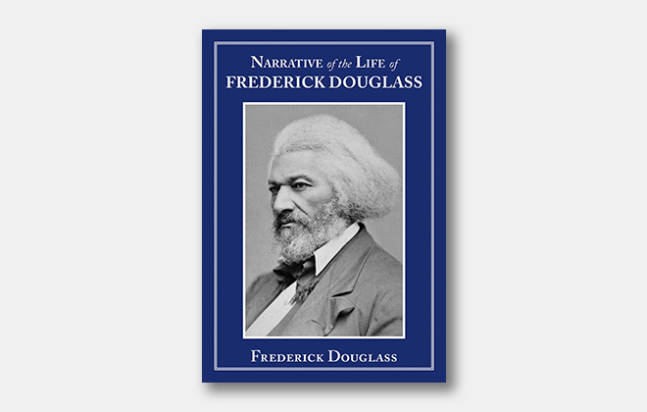
Narrative of the Life of Frederick Douglass, an American Slave
By Frederick Douglass
It’s a shame that so many history classes glossed over Frederick Douglass. The man was an inspiration from birth to death, and is the quintessential example of changing reality through sheer force of will. And there’s no shortage of writing by and about Douglass. He ran newspapers, was an activist with a nearly direct line to the president, and an orator on par with Dr. Martin Luther King Jr. or James Balwin.
All you need for proof of the types of lessons you can take away from his autobiography is to take a few minutes to read his speech “What to a Slave is the Fourth of July.” He gave it to a July 5th audience in Rochester, and in it he explains that while he was very happy everyone was celebrating Independence Day and he respected the signers of the Declaration of Independence as leaders with integrity, celebrating American freedom while keeping fellow citizens enslaved was an intolerable hypocrisy he would not indulge. That speech gives a very fine point to a defining quality of Douglass’s work, which is his eternal challenge to make us all better Americans.
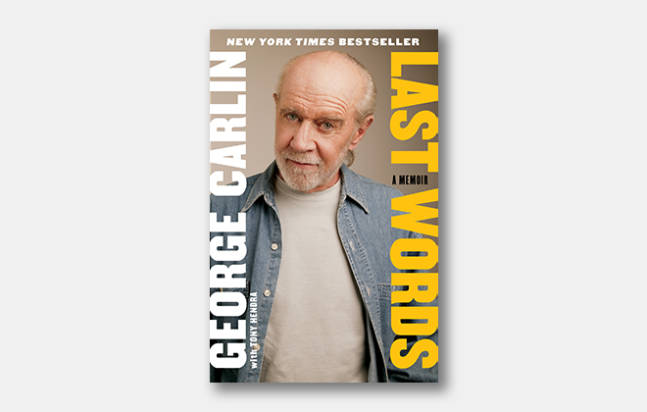
Last Words
By George Carlin
George Carlin is devastatingly honest in his interviews, including the one he gave to Playboy. For example, at one point, he talks about his and his wife’s struggles with substance abuse (the two of them just couldn’t get enough soda pop). His memoir is much the same. He goes through virtually every step of his career, his interactions with his celebrity peers, and the way he works through his material, all of it in his own distinctive style. It’s also a posthumous publication, giving everything a little extra poignancy.
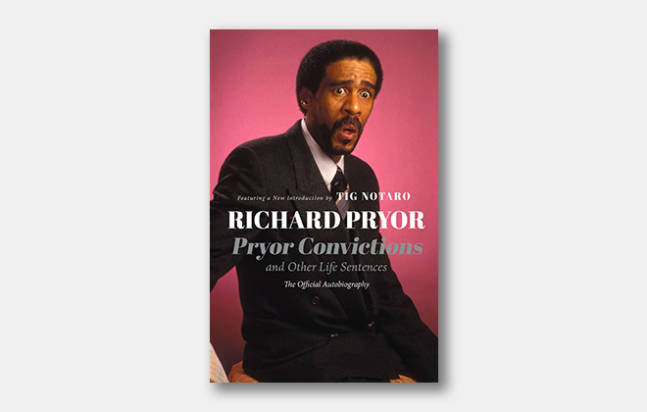
Pryor Convictions, and Other Life Sentences
By Richard Pryor
Richard Pryor was one of George Carlin’s contemporaries and the two men were cut from the same cloth, especially when it came to their brutal honesty. Pryor, for his part, had the added challenge of being Black in America, which imparted a whole host of other lessons. In Pryor Convictions, Pryor goes through the worst of his life, including his childhood in an Illinois brothel, his MS diagnosis, his struggles with drugs, and his many failed marriages. It’s the kind of book where someone else lays out all the difficulties they’ve faced and you get to mine those situations for wisdom you can apply to your own life.
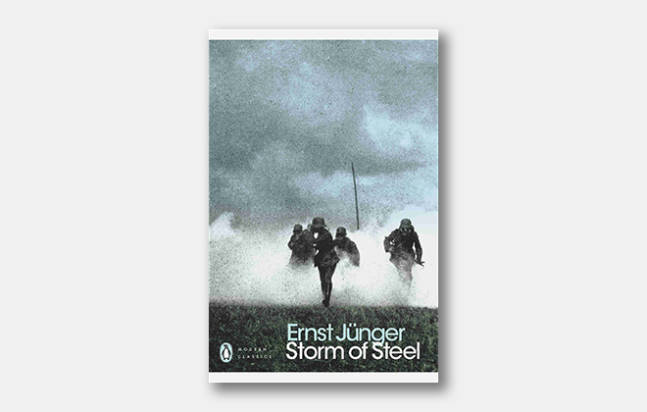
Storm of Steel
By Ernst Jünger
I came to this book by way of Dan Carlin’s Hardcore History podcast, which I suggest for any guys who aren’t already familiar and are looking for something to listen to. Storm of Steel is an account of the First World War unlike any other. Ernst Jünger is publicly honest in a way that few other combat veterans are. Jünger gives simple and direct renderings of his time as a combat soldier in the German army, including how much he enjoyed his time in the war. Not that he had fun, but he’s honest about the camaraderie and combat high. In Jünger’s experience, war allowed him to explore the deepest parts of his and his comrades’ psyches. In his book, he talks about how there was absolutely no way to know who could stand up to the unimaginable conditions of war. He watched the meekest men grow into brutally efficient soldiers and blowhards dissolve into tears at the first firing of a rifle. He also watched cowards stay cowards and confident soldiers uphold their boasts. His account forces you to reckon with your own personal self-image. No matter how reliable or strong you think you are, there’s no way to know how you’ll react when the shit hits the fan.
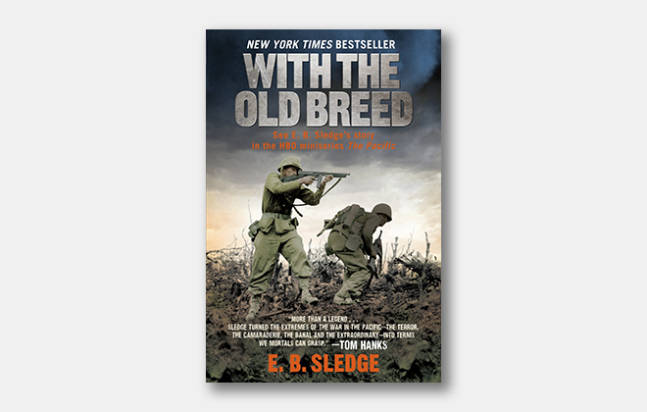
With the Old Breed: At Peleliu and Okinawa
By Eugene Sledge
With the Old Breed is similar to Storm of Steel in that Eugene Sledge is exceptionally forthcoming with details and seems to give a full account of his personal feelings on war. Sledge was a mortarman in the 1st Marine Division during WWII and fought in the battles on Peleliu and Okinawa. In simple, direct prose, Sledge talks about how absolutely miserable his time in combat was, the wretchedness and hostility of the island environments he experienced, and how horrifying it was to fight the Japanese. He also talks about how much admiration he has for his fellow soldiers, gives a firsthand account of the bond formed by men in combat, and the way the war refined his sense of patriotism. More than any other account of war, With the Old Breed draws you into specific instances in the Second World War and provokes visceral reactions from the reader.
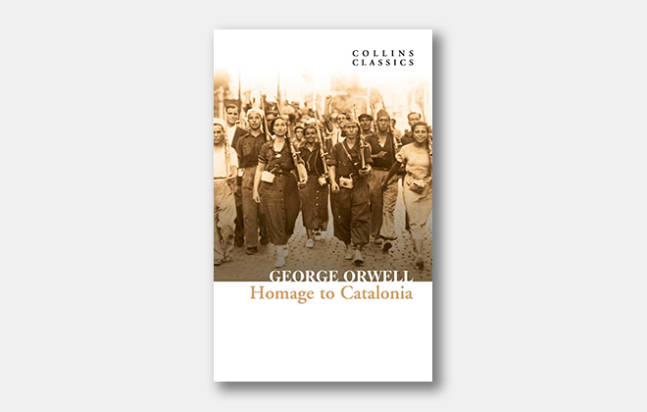
Homage to Catalonia
By George Orwell
George Orwell was a devout democratic socialist who spent time as a volunteer in the Spanish Civil War. It was his way of combating European fascism, and his experiences deeply influenced his later works. You’ll find a lot of themes that come up in Homage to Catalonia are shared with Animal Farm and 1984. Though it predates those two novels, it shares a lot of common themes and provides a nonfiction angle on Orwell’s views on totalitarianism and how deceptively attractive those types of leaders can be.
